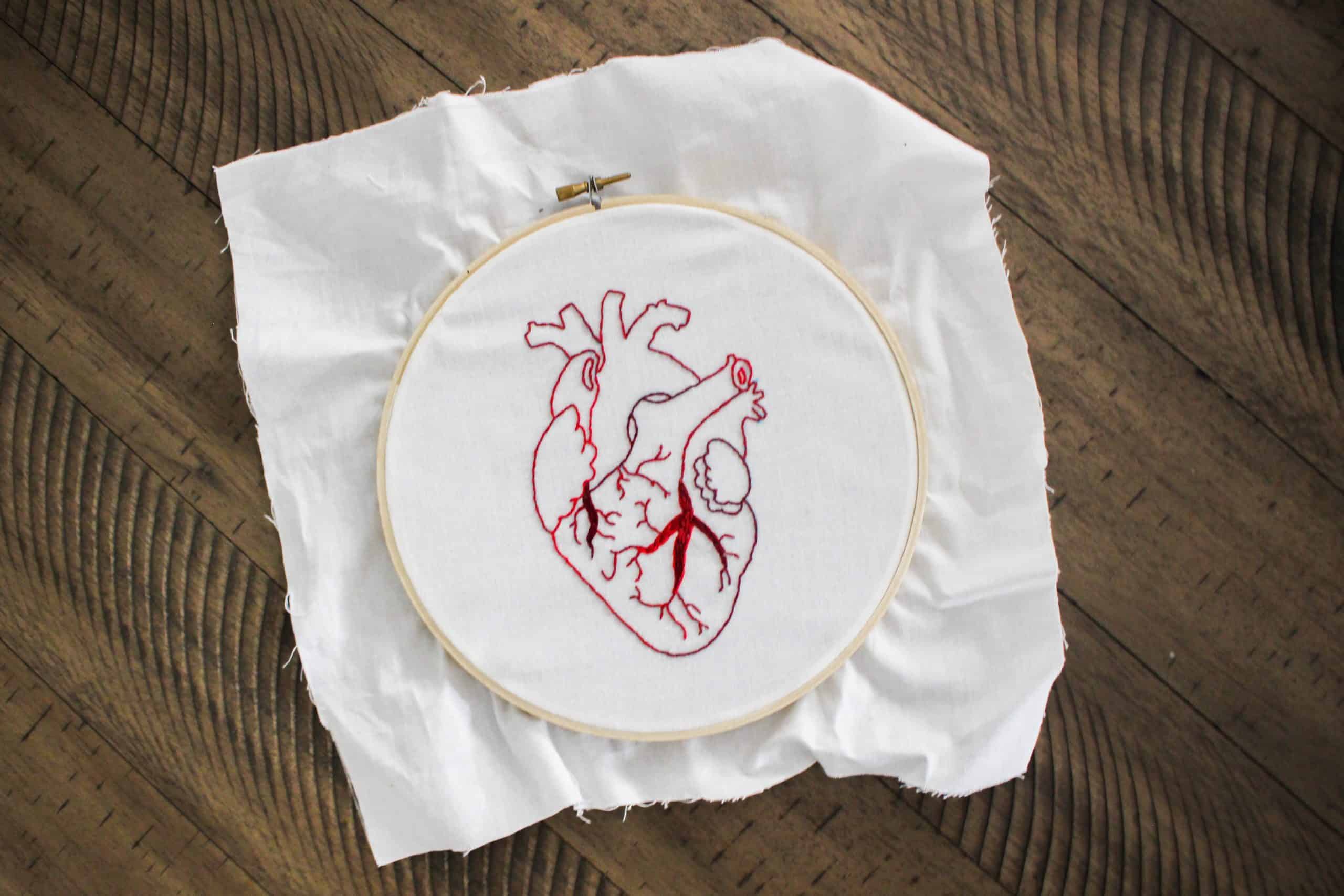The well-known expression, from Shakespeare’s Othello, “to wear your heart on your sleeve” could aptly describe my first day in the cardiac intensive care unit as a student. Try as I might, the jitters brought on by the daunting thought of working with such fragility would not be concealed. Nor could I hide the simultaneous flutter of excitement that pulsed through me at the idea of participating in specialized nursing.
I arrived early to be an earwitness to the night shift’s report to the dayshift. With awe, I admired how the nurse with whom I was to work that day seamlessly received the report that I could only, at best, make half sense of. Knowledge decanted from the mind of one nurse to the next distilling indispensable bits from any distasteful dregs about the previous night. The final tip-off from the drained night-nurse was her impression that our heart transplant patient would soon begin to recover consciousness as the effect of the heavy drugs diminished.
This was in fact the case:
He was a young adult male with no visitors. Prior to entering his room, I expected to find the symptoms of heart failure that I had been studying for the following week’s cardiology exam. I thought he might be swollen with fluid retention and that his muscles might be atrophied by immobility. Instead, his body showed no signs of debilitating comorbidities, and he was not yet haggard by the wear and tear of longevity.
If he had not been in the hospital, there would be no reason to think he needed a heart transplant. He did not present weak or bloated. He looked strong. Maybe he was one of the lucky ones naturally gifted with good form, or maybe he spent a great deal of his will to chisel it from potential. In any case, he looked healthy and well cared for and not like my textbook alleged.
Within the first couple hours of my being there with the patient, he eased his way out of the formerly induced stupor. It began with his subtle grasping after the sheets at the edge of the bed. He made cooing noises. Then he opened his eyes with hesitation the way one does after having been in the dark when suddenly assaulted by light.
As I watched him come to the realization that he had survived, I felt my own heart wring like a heavy rag beneath my sternum. It worked. The heart transplant was complete; he was here breathing and cognizing on the other side of that moment when he had no choice but to have missed a beat. He searched the bedsheets and eventually found my arm. His first instinct with dawning consciousness was to reach out, gripping with gratitude.
With a childlike candor, the proud patient exposed to me the sweetness of what he had recovered. A line of Saint Jerome’s articulates the vulnerability, the honesty of which I witnessed: “The face is the mirror of the mind and eyes without speaking confess the secrets of the heart.” He clutched my arm, and in a gilded, hazel gaze his new heart spoke to mine.
He was happy to be alive.
The man’s sense of indebtedness to something greater, as a creature made by a Creator, was communicable in that I understood both his sentiment and it was infectious. I felt with him the gladness that he was given life another day. And with that familiar sensation we humans experience when we are seized by emotion, my heart harshly compressed within my chest and wrung out of me, too, a smile for my own existence.
Wearing our hearts on our sleeves, another Shakespearean catchphrase was apparent. My patient’s elation avowed that to be is greater than not to be. He prepared himself for the worst case; and in any event, on this side of the heartbeat he had missed it was obvious that the first order was to give thanks.
-//-
Photo by Magdaline Nicole from Pexels


